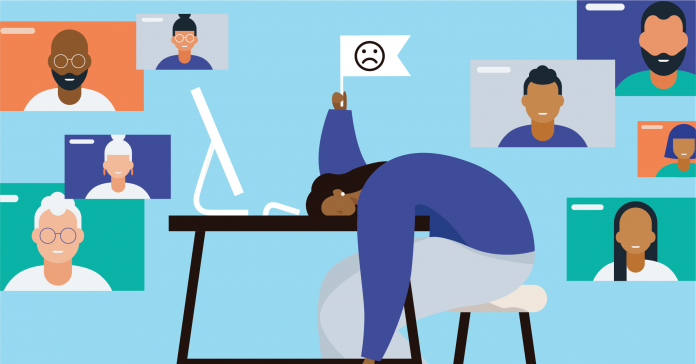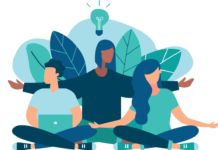Because of the pandemic, technology is replacing face-to-face human interaction. Instead, applications like zoom and google meets are taking in the reigns as its popular technological replacements. Since the pandemic has been occurring, people have been constantly using these apps (especially zoom). But as the pandemic goes on even longer, the excessive use of zoom has people stressed out and results to ‘Zoom Fatigue’.
Here are 8 ways to combat zoom fatigue:
Turn off self view
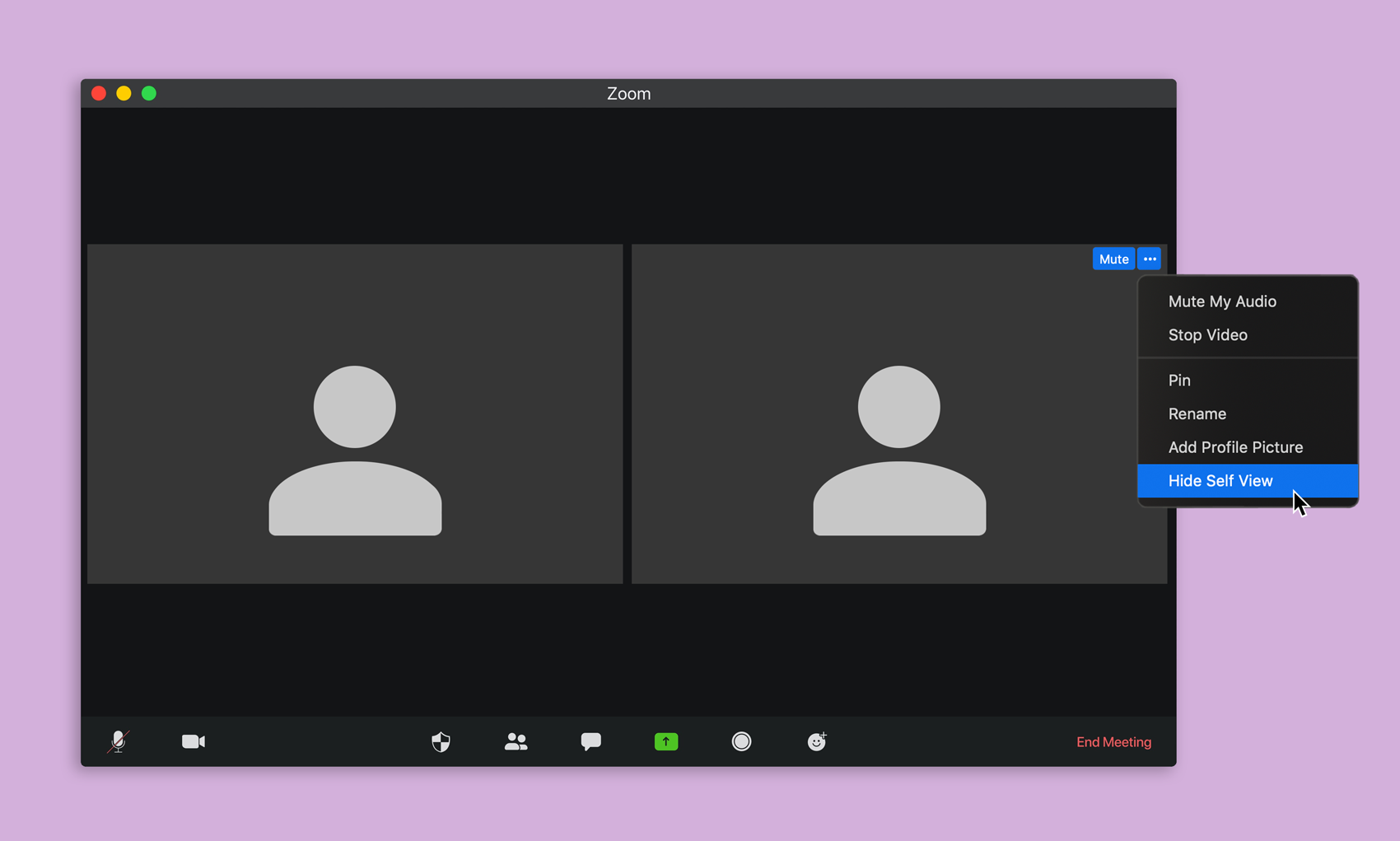
For some people, the self-view poses no problem. However for the rest, the self-view feature is daunting, as most people don’t like looking at themselves. It gets worse when you see yourself talking, as it can feel like you’re observing yourself give a presentation which can be nerve-wrecking for many people, especially the socially anxious or introverted.
The self-view feature also makes it clear whether you need changes in your appearance and can create the illusion that everyone else is having a similar close up and personal view of you. This is bound to make anyone anxious on their appearance and feel self-conscious. Avoid all this paranoia by simply hiding the self-view feature.
Use different methods other than Zoom when it comes to online social meetings
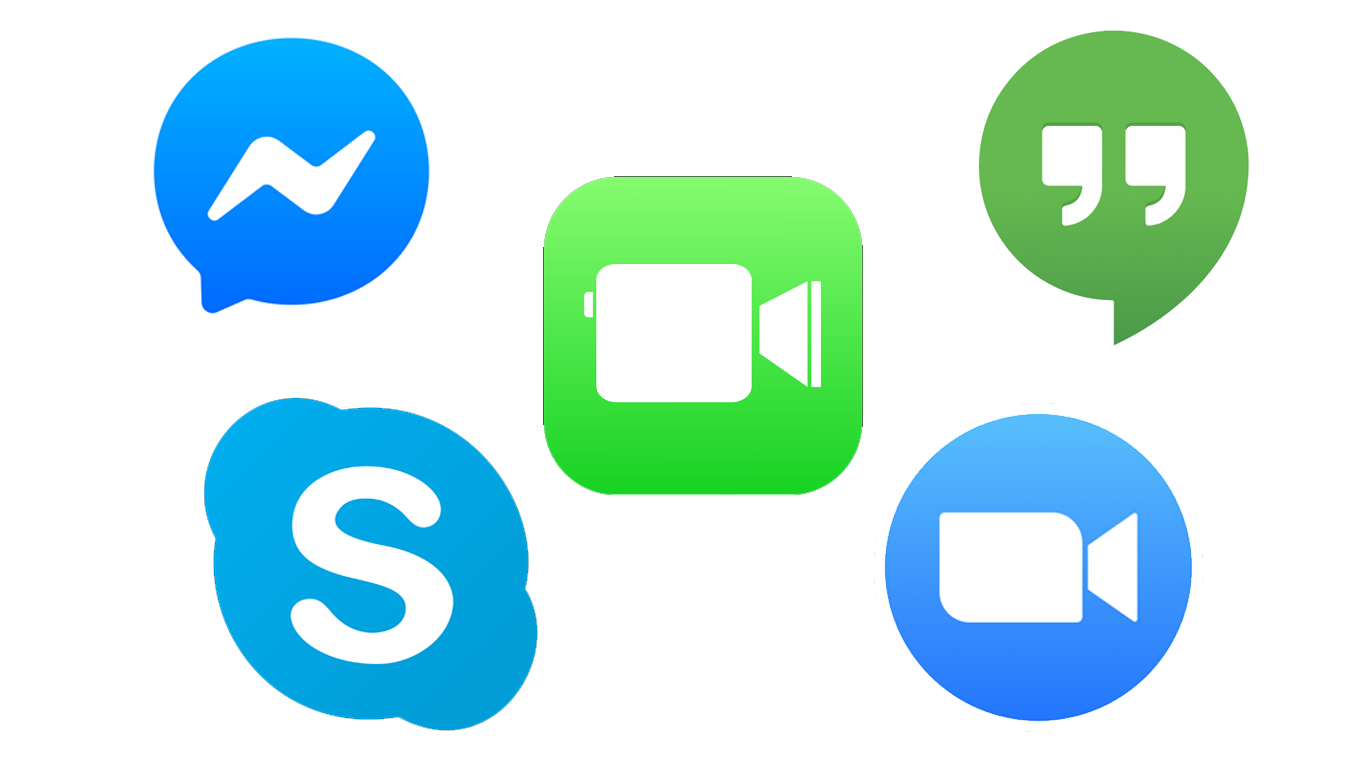
If you’ve been in Zoom meetings all day, you won’t want to engage in another zoom meeting with your friends. It would create the feeling that you are still working, even though it’s a social call and you are resting. Instead, we recommend that you communicate via voice calls, as the brain doesn’t need to process any additional visual stimuli, so will lessen the impact on your attention.
There are many things that you can do, from organizing group meetings with the same people in one video call instead of multiple calls. If you have 2 team meetings in the same week with the same people, combine it into one. Else, combine your once-a-month company overview meeting so it falls on the same day as a weekly meeting. You can also switch formats by using email, setting up a document for collaboration, or having a phone call instead. If you’re in charge of scheduling meetings, try to give your co-workers a chance to minimize the effects of Zoom fatigue and compile the information into an email. If you absolutely must have a discussion with your team, schedule a conference call which won’t force your coworkers to open their laptops and scramble to create a professional look.
Stay away from the screen

You may be tempted to grab your phone or look up entertainment from your laptop browser, but we recommend against that. Give yourself some screen rest by engaging in activities that does not involve the screen. It’s worth remembering because although it’s important to take breaks, it’s crucial it’s the right type of break.
Some of the activities that will benefit you the most include getting up from your chair and stretching. Rotate your shoulders and do some simple warm up exercises to loosen your neck and shoulder muscles to prevent any strain or aches and pains. If you can, try to get outside for some air and get the blood and oxygen pumping by walking in your lunch hour or when you finish work. You can also take care of your eyes by blinking and adjusting your focus looking out the window or at a picture on the wall.
Avoid multitasking

When you are bombarded by work, the efficiency of multitasking is alluring. Yet research shows that trying to do multiple things at once cuts into performance. Because you have to turn certain parts of your brain off and on for different types of work, switching between tasks can cost you as much as 40 percent of your productive time. Researchers at Stanford as even found that people who multitask can’t remember things as well as their more singularly focused peers. According to Harvard Business Review, multitasking can cost you up to 40% of your productive time and lead to a lot of memory issues.
The next time you’re on a video chat, close any tabs or programs that might distract you (e.g. your inbox or Whatsapp), put your phone away, and stay present. We know it’s tempting, but try to remind yourself that the Whatsapp message you just got can wait 15 minutes, and that you’ll be able to craft a better response when you’re not also on a video chat. Instead of multitasking, focus your attention 100% on the video call until it’s over.
Give yourself breaks

Your eyes are not capable of constantly looking at the screen and will be tired as time passes, leading way for pandemic fatigue to set in. Taking mini breaks will be beneficial for you, giving you time to recover. You can do this by blocking specific break “protected” times on your calendar. Stretch, take a brief walk, or move around physically during this time. Avoid screens or checking your phone during these breaks. Another thing you can do is looking away from your computer completely for a few seconds now and then. Though we’re all more used to being on video now, it is possible to listen without staring at the screen for a full thirty minutes.
For days when you can’t avoid back-to-back calls, consider making meetings 25 or 50 minutes (instead of the standard half-hour and hour) to give yourself enough time in between to get up and move around for a bit. If you are on an hour-long video call, make it okay for people to turn off their cameras for parts of the call.
Reduce digital strain

If you’re working on your computer all day, you might have computer vision syndrome. A 2014 study by researchers at the University School of Medicine in Japan found that office workers who spend long hours in front of the computer screen have reduced tear fluid similar to people who have dry eye disease. Among the 96 tested by researchers, those who stared at computer screens for 7 hours a day or more had an average of 5.9 nanograms of mucin 5AC per milligram of protein in each eye, compared to those with an average of 9.6 nanograms per milligram who stared at screens for 5 hours a day.
The effects of eye strain can be reduced by implementing a blinking exercise throughout your workday, using lubricating eye drops, making sure night shift is turned on during evening hours to limit blue light, dim the screen at night, reduce bright sunlight from windows or fluorescent lights, minimize computer glare from light reflections, or purchase an anti-glare screen cover. You can also increase the text size so you don’t have to focus too hard.
Set and follow an agenda
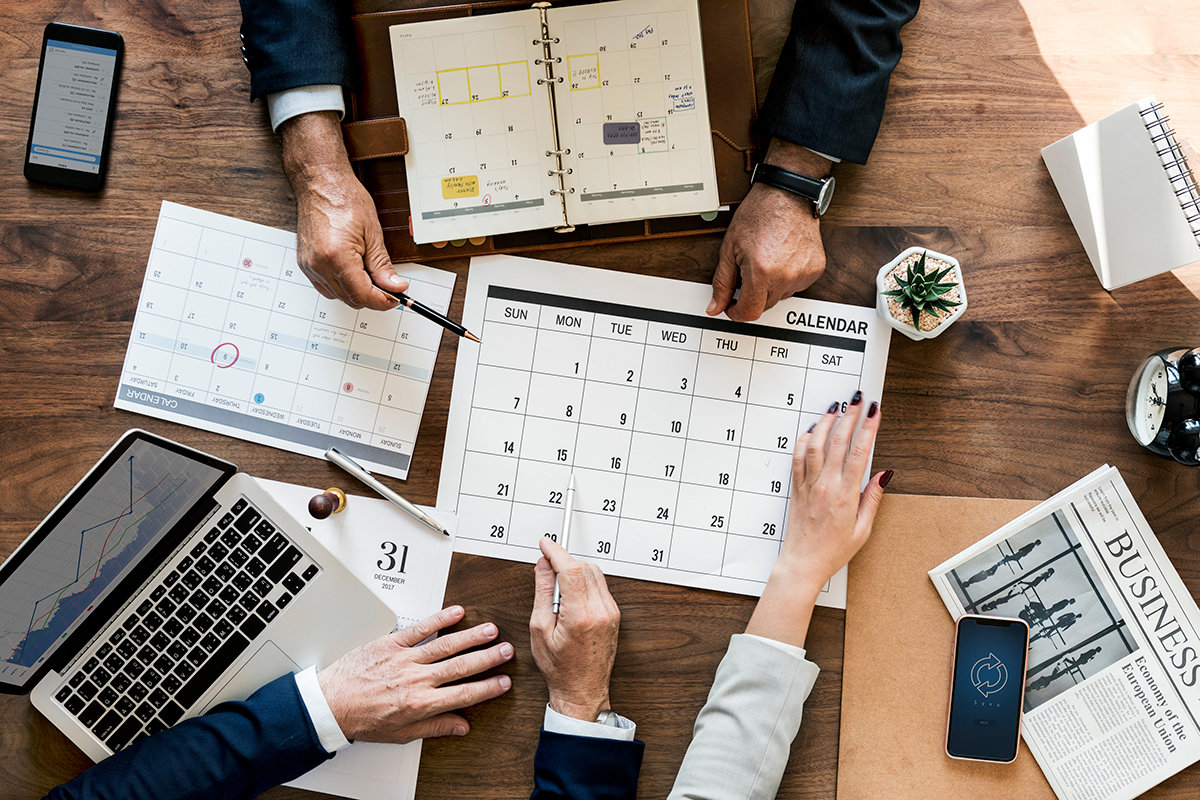
Sometimes Zoom meetings can drag on much longer than they need to, and this can exacerbate feelings of Zoom fatigue. To keep meetings on track and on time, set and share an agenda with everyone on the call. That way everyone knows exactly what’s expected of them, what the meeting will cover, as well as how long it will be. Follow through with the agenda and remind anyone who rambles or gets too far off track.
Don’t worry as even with an itinerary, time can be scheduled to catch up and exchange WFH stories with coworkers. It will all be fine as long as you set aside time and create a limit to avoid going overboard. Your co-workers will appreciate it while you save yourself from any Zoom fatigue at the same time.
Switch it up
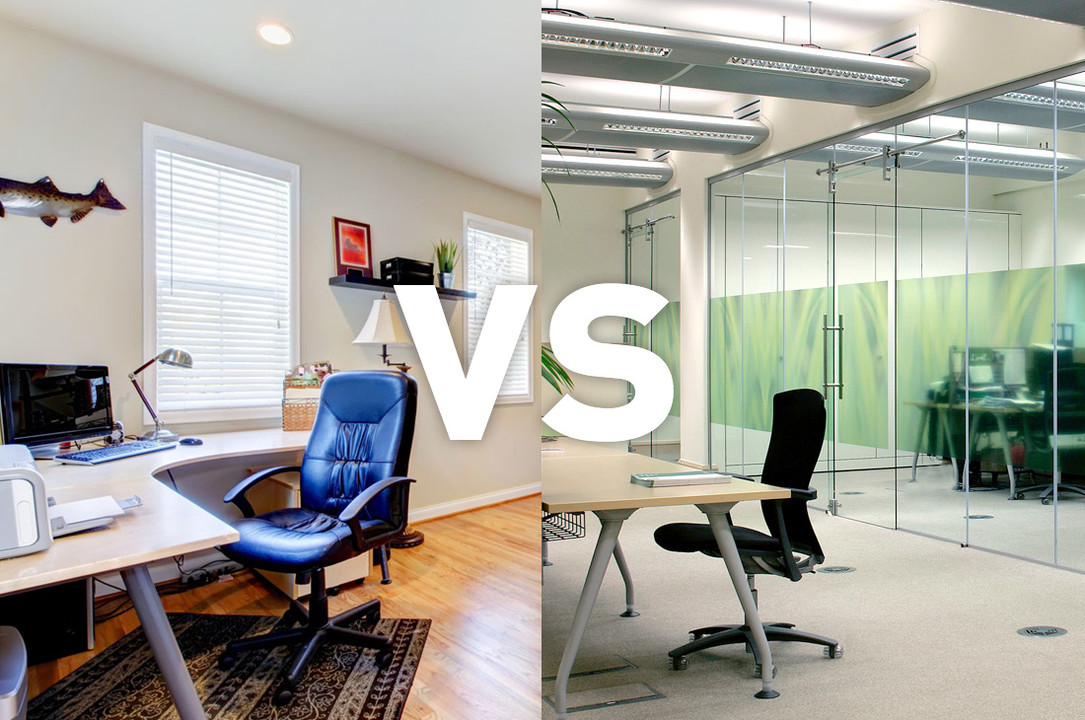
After being inside of your home for weeks on end, a change of scenery can help you feel refreshed even if you’re just moving to that sunny spot by the window. Changing your typical setup can help to beat Zoom fatigue by giving a fresher home-office feeling.
One tip is, if your current spot tends to have lower lighting, this can exacerbate any Zoom fatigue you’re already feeling. Try moving your home office into a spot with better lighting, preferably natural as that will help you to feel more awake and focused. You can also separate the work / home environment by using a different mug when making drinks, play a different playlist or a different room when you’re off duty. This will maintain a clear line between work and leisure. You can also have an audible cue that you play every time you finish work, like ringing a bell or playing a specific alarm, or change your lighting setup when you’re officially “off.”
What do you think about these tips? Do you have any other tips to prevent pandemic fatigue? Share with us your opinion in the comments section below!


